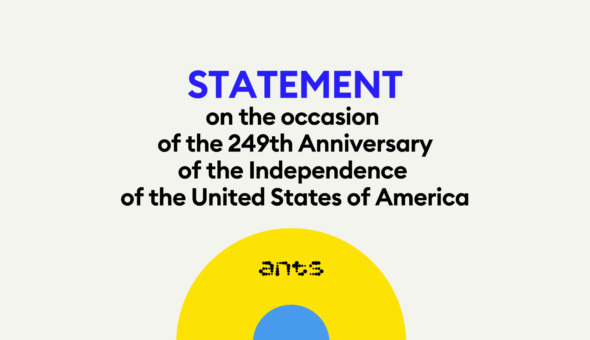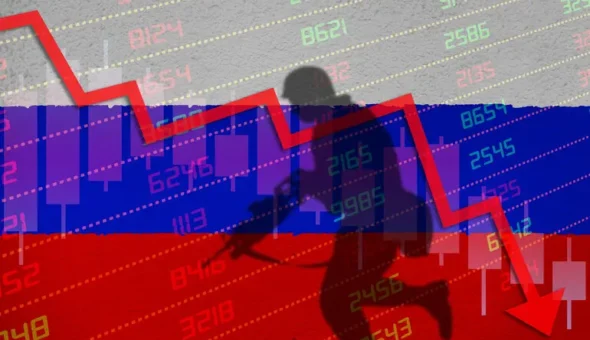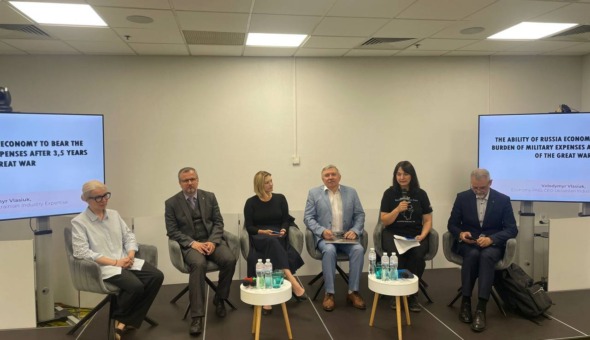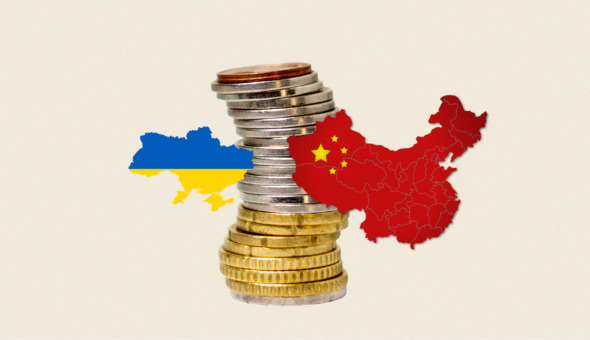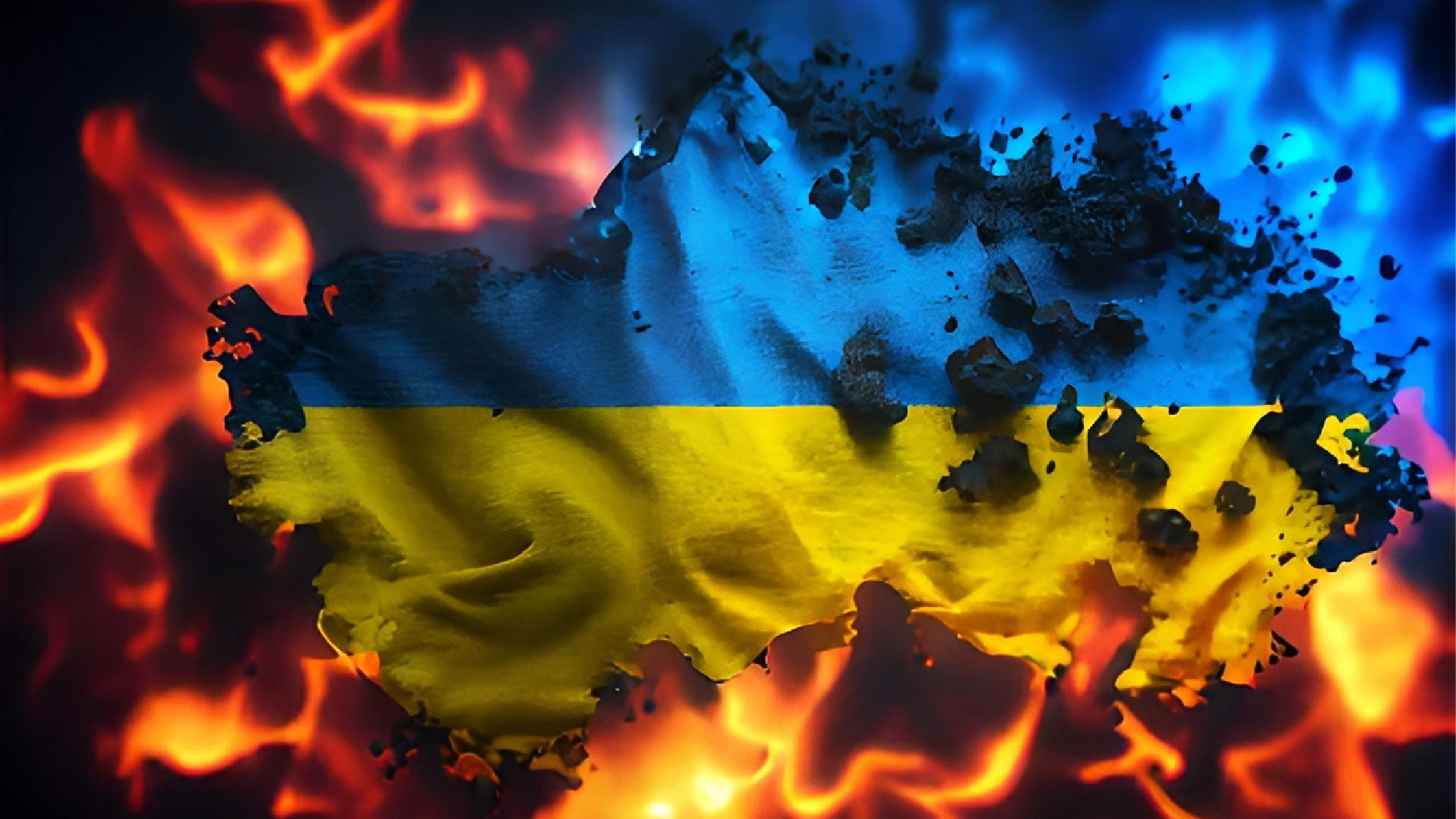
Roman Sohn
Chair
Direct Initiative International Centre for Ukraine
Ukraine
Senior Advisor
The Centre for Eastern European Democracy (CEED)
Canada
Ariana Gic
Director
Direct Initiative International Centre for Ukraine
Ukraine
Senior Advisor
The Centre for Eastern European Democracy (CEED)
Canada
Hanna Hopko
Chair of Board
National Interests Advocacy Network ANTS
Ukraine
Coordinator
International Center for Ukrainian Victory
Ukraine
Member of the Executive Committees
National Council of Reforms and the Anti-Corruption Action Centre
Ukraine
Ms. Hopko is a former member of Ukrainian parliament (2014-2019), and the former head of its committee on foreign affairs.
From the very onset of russia’s illegal war of aggression against Ukraine in 2014, its criminal actions went beyond a war of territorial conquest, and pursued a genocidal objective.
Russian political and military leadership, and ordinary russians in uniform and without them, have been committing deliberate, organized, systemic, and conscious actions, directed by the russian state, to exterminate Ukrainians as a group with a shared collective national identity. For Moscow, genocide is the means of destroying the Ukrainian sovereign state.
For a decade, the criminal state of the russian federation has acted with impunity in its pursuit of the destruction of the Ukrainian nation. Rather than making the legal prosecution of perpetrators a cornerstone of the international response, the international community is dragging its feet on russian genocide.
Many think of genocide as the brutal slaughter of helpless victims. When they see Ukrainians defending themselves and surviving, they often do not perceive russian crimes as genocide.
But resistance does not make the crime of genocide any less real or true. In fact, the sites of russian massacres which were carried out during occupation indicate that the fall of Ukraine would have resulted in a much higher death toll than the casualties Ukrainians are suffering while mounting their resistance.
Many also mistakenly believe that the crime of genocide was designed to capture mass killings. However, genocide is not so much about the number of victims being targeted, but about the perpetrator’s intent to destroy a national, ethnical, racial or religious group.
The international community has two main reasons for affording protection to such social groups.
First, the protected group itself is the subject of autonomous legal rights. By destroying the group, the perpetrator is eliminating the legal entitlements of that group.
For example, the existence of the Ukrainian national identity breathes life into the legal right of self-determination. By pursuing destruction of Ukrainians, russia is, among other things, seeking to eradicate their entitlement to self-determination in order to create the conditions for the assimilation of the remaining denationalized people into Russians.
Second, we safeguard protected groups because the destruction of their collective identity as such is a distinct loss for humankind. A victimized group can be destroyed not just by physical elimination alone, but also by extermination of the shared identity of people, like, for example, through forcible transfer of children to another group.
There is widespread understanding that atrocities committed by russians in Ukraine fall into the legal categories of actions which qualify as acts of genocide.
The systematic pattern of criminal actions, their targeted nature, and extensive evidence of incitement to genocide by public figures and state propaganda, leave no doubt that we can also attribute the intent to destroy Ukrainians as a group to those actions.
This intent to commit genocide did not start in Bucha or Irpin. Those massacres were the outcome of genocidal conditioning by the russian state of its citizens to deny the existence of the Ukrainian identity, and to dehumanize and vilify Ukrainians in order to portray them as unworthy of existence.
The pattern of russian genocidal crimes has not changed since 2014, only the scale has. It was in 2014, not 2022, that Ukraine filed its first submission with the European Court of Human Rights against russia regarding the forced deportation of Ukrainian children to russian territory.
It is also evident that since 2014, russia has been pursuing a directed strategy, underpinned by the ideology of ruscism, of destroying the national character of Ukrainians in all occupied territory through a coordinated plan of eradicating essential foundations of life within the group: national feelings, shared values, language, culture, history, religion, political, and social institutions. Instead, the russian state has been forcibly replacing them with the totalitarian, chauvinistic, and imperialistic pattern of russian society.
The world had been turning a blind eye to the genocidal objective of russia’s undeclared war on Ukraine until 2022, when seven countries – Poland, Estonia, Latvia, Canada, Lithuania, Czechia, and Ireland – made political declarations recognizing russian genocide.
We call on these nations to lead a “justice coalition” that would drive legal and political action in international courts and organisations to stop russian genocide, and bring its perpetrators to responsibility.
The crime of genocide is an attack on humanity, and the international community must employ the full force of law to help defend humankind from the russian rogue state.
Sourse: Сentrum Balticum
